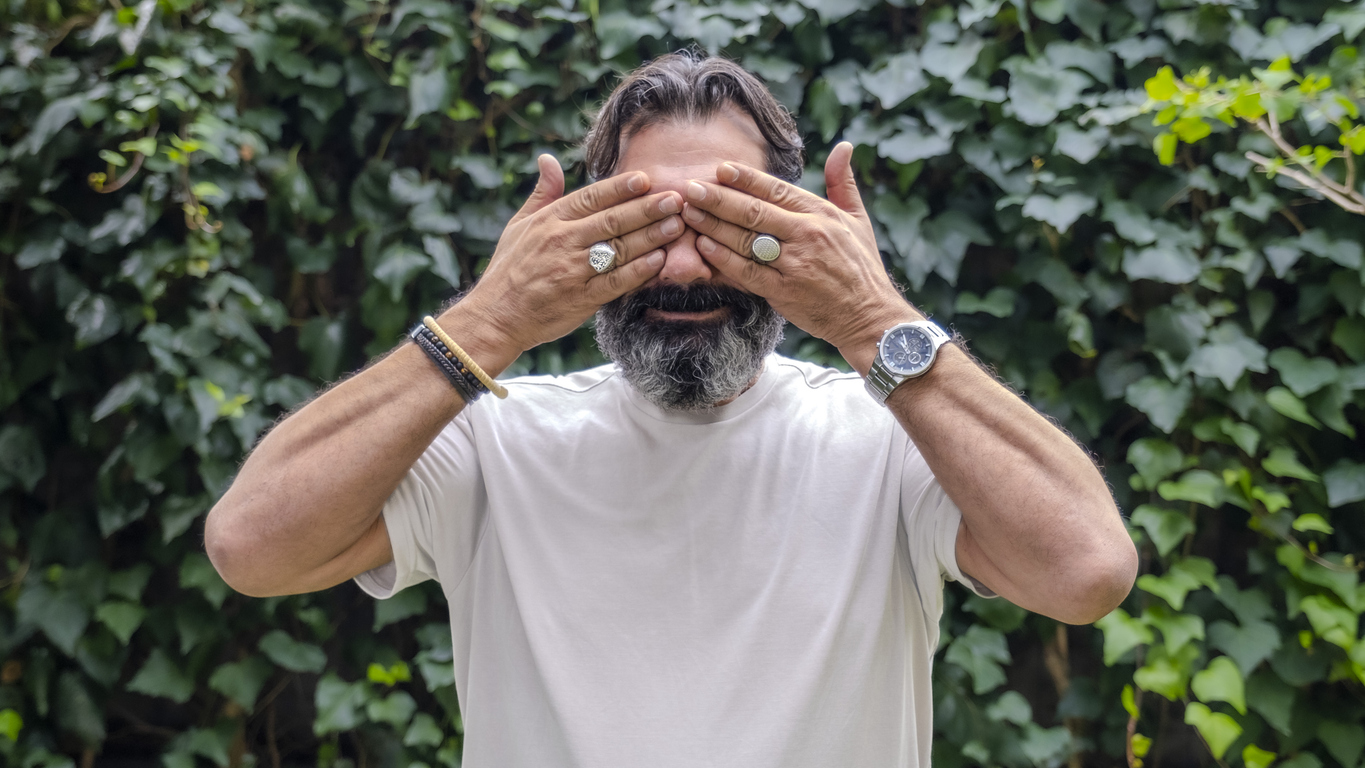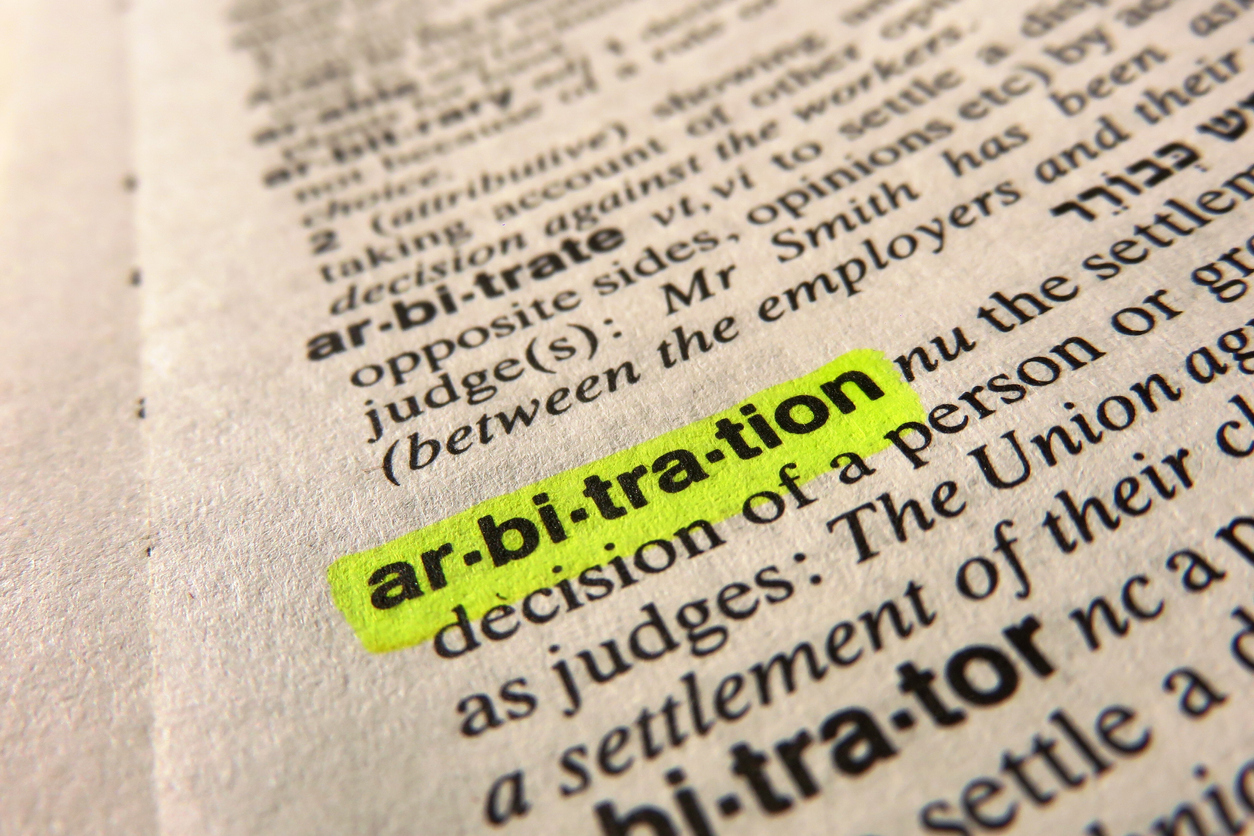“Please do this, tell us that and please send us these documents.” Every day I hear this from potential clients, public adjusters representing policyholders, and restoration contractors asking what they have to do and provide. I often end up litigating the same issues in court. Insurance companies often leave the “please” out of the never-ending letters they send following a loss demanding information before paying money. Many insurance company adjusters seem a lot more allegedly concerned about thoroughly investigating a loss than they do about providing prompt payment.
But what is a policyholder forced to do when an insurance company is asking for information and things following a loss? What is “the duty of cooperation?” “Is the insurance company doing this as a charade looking for a way to delay and deny a claim?” These are the ‘elephant in the room’ questions you can hear the answer to if you come to my panel presentation at the Windstorm Conference, as I noted in Want To Learn the View From Experienced Property Insurance Claims Managers?
Do not pass Go or read any further until you read Cooperation Clause Does Not Require the Policyholder’s Slavish Obedience. Assuming you have done so and understand those concepts, you can move forward, and please note my dear friend and insurance coverage colleague, Arden Lea, where I gave him credit for teaching me in this post:
An attorney colleague of mine, Arden Lea, asked me to co-counsel with him on a case where the cooperation clause was a central issue. He coined a phrase which I often use and teach regarding the definition of cooperation. He indicated that it does not mean ‘slavish obedience.’ He is right. If you seek a definition of the word ‘cooperation,’ the idea of those working together, such as in a team, for a mutual benefit seems to best define the word. If the insurer had placed the word ‘obey’ into the policy, the entire purpose of the mutual good faith performance of an insurance policy would be changed.
Arden Lea has unfortunately passed to the hereinafter. Still, Arden would suggest readers of this blog also spend a couple of minutes and read The Limits Of An Insured’s Obligations To Cooperate, before moving on with this specific post.
Getting back to the specific issue of cooperation under a California property insurance loss, a federal trial court judge recently recited the general California law regarding cooperation in a case involving a fire smoke loss followed by an alleged theft loss caused by one of the people cleaning the smoke damaged property:1
Under California law, ‘[p]rovisions of an insurance policy that require an insured to cooperate and meet various conditions are enforceable, and the violation of such provisions by an insured may be grounds for denying a claim.’ Gilbert v. Infinity Ins. Co., 186 F. Supp. 3d 1075, 1085 (E.D. Cal. 2016). ‘[I]n the absence of a reasonable excuse, when an insured fails to comply with the insurance policy provisions requiring an examination under oath and the production of documents, the breach generally results in a forfeiture of coverage, thereby relieving the insurer of its liability to pay, and provides the insurer an absolute defense to an action on the policy.’ Brizuela v. Calfarm Ins. Co., 116 Cal. App. 4th 578, 589 (2004). ‘In the context of cooperation that does not involve submission to an under oath examination, California courts have required a showing that the insurer was prejudiced in its investigation by the insured’s failure to cooperate.’ Martinez v. Infinity Ins. Co., 714 F. Supp. 2d 1057, 1061-62 (C.D. Cal. 2010)…
The insurance company’s motion for summary judgement2 is one to be read concerning “what not to allow your insurance company opponent to allege as facts.” The motion stated in part:
The first claim involves smoke damage to the manufactured home caused by the Woolsey Fire, which broke out on November 8, 2018. AMIC investigated this claim and paid tens of thousands of dollars to Ms. Schmidt for cleaning, personal property damage, and Additional Living Expense payments for temporary accommodations and food.
While the first claim was pending, Ms. Schmidt submitted a second claim for theft of personal property items allegedly perpetrated by her handyman Pablo Venegas Caro. According to the complaint, the theft occurred on September 14, 2020.’ During the course of the second claim, AMIC, through counsel, established contact with Mr. Venegas. Mr. Venegas denied stealing personal property items from Ms. Schmidt and claimed that she had hired him to remove and dispose of her personal property items in return for a payment of $3,500. According to Mr. Venegas, Ms. Schmidt directed him as to what to keep and what to discard through a series of text messages, some of which he provided to an AMIC investigator.
As a personal observation, rarely does anybody stealing items from anything admit to it. I got in fights with alleged honest friends as a young boy learning that many never learned that confession is good for the soul. For some, it is not human nature to admit that they stole, much less not being perfect. From my perspective, people who do wrong and steal rarely admit to it. Did the SIU investigator honestly think the person accused would say he stole the items?
On the other hand, I have learned from personal observation that emails and text messages may help prove the truth. The insurance company hired a private investigator and the motion for summary judgment noted:
AMIC counsel was able to reach Pablo Venegas by telephone. When asked about the circumstances of Ms. Schmidt’s theft claim, Mr. Venegas denied stealing any of Ms. Schmidt’s personal belongings. According to Mr. Venegas, he had frequently acted as a handyman for Ms. Schmidt. After the fire, Ms. Schmidt hired him to clean the residence and dispose of her personal property items in return for payment of $3,500. She also requested his assistance in selling her car. Mr. Venegas claimed that Ms. Schmidt had directed him by text message as to what items to keep and what to discard. Ms. Schmidt desired to clear and clean the property as she had hired a realtor and desired to rent or sell it.
AMIC hired an investigator who subsequently made contact with Mr. Venegas. The investigator was able to obtain a copy of Mr. Venegas’ driver’s license as well as an invoice stating ‘dumped all beds mattress, pillow, sheet, blankets, towels, clothes, toys and some furniture…’ Mr. Venegas supplied screen shots of text messages from Ms. Schmidt. The screen shots are fragmentary but include statements such as: ‘Hi Pablo I just want to make sure you did not get rid of the shoes or clothes that were in the house.’
The insurance company’s motion is full of alleged non-disclosures, refusals to attend the examination under oath, and a litany of other items failed to be done or provided by the policyholder. While I suggest that the circumstances of the loss made the court’s decision predictable, it is important for those studying cooperation clause duties to understand how and when an insurance company will defend itself in a case where it suspects fraud. Failure to cooperate might be an easier defense to prove than the actual fraud. Please read the insurance company’s motion.
The court ruled against the policyholder finding that cooperation had been breached and prejudicial to the insurer finding in part:
The Policy requires an insured to both sit for an EUO and produce relevant documentation as part of the claims process. While rescheduling the EUOs due to public health measures was not a breach, Schmidt made no argument at the time that the Stay at Home Orders interfered with her ability to produce required documentation, nor does she present any such argument now. Schmidt missed four separate deadlines to produce the documents, and unilaterally canceled a fifth deadline without consulting with American Modern. Failure to produce documents may be a breach as a matter of law if it is prejudicial to the insurer. See Martinez, 714 F. Supp. 2d at 1062. Thus, the Court turns next to the question of whether Schmidt’s failure to produce documents was prejudicial.
On June 1, 2019, Schmidt submitted a list of ‘additional items for reimbursement’ related to the fire claim, alleging that personal property with a total replacement cost of $40,150 needed to be replaced for health reasons…. At the time, American Modern requested documentation of proof of purchase to calculate the depreciated value of the items consistent with the Policy. …The document requests prior to the EUOs sought that same information…. The undisputed facts suggest that there are legitimate questions regarding the veracity of Schmidt’s claim for those personal property expenses….Without access to the documents that it repeatedly requested, American Modern would be prejudiced by its inability to substantiate Schmidt’s claim and calculate the value of the lost property
Similar issues exist with Schmidt’s theft claim. Schmidt submitted three different inventory lists of lost property, totaling more than $46,000…. As with the fire claim, American Modern requested a detailed inventory of lost personal property along with purchase price for the purpose of calculating depreciated value…. Schmidt also requested reimbursement for living expenses resulting from the theft claim, which included lodging, meals, and $2,000 for cash gratuities allegedly distributed at the Malibu Beach Inn….American Modern requested documents to support those claims as well….Finally, in the police report Schmidt alleged that she suspected that Venegas stole her property…. American Modern contacted Venegas who contradicted Schmidt’s version of events and provided contradictory evidence….American Modern requested records of communications with Venegas and law enforcement to corroborate Schmidt’s claim. …The undisputed facts raise a number of substantial questions as to the veracity of Schmidt’s theft claim. Given the inconsistent versions of events and lack of documentation to support some of Schmidt’s claims, it would be prejudicial to require American Modern to proceed without the requested documents.
There is no genuine issue of material fact that Schmidt failed to produce the documents requested by American Modern to evaluate her claim. There is also no genuine issue of material fact as to whether Schmidt’s failure breached the contract and prejudiced American Modern’s investigation of her claims.
Accordingly, the Court GRANTS American Modern’s motion for summary judgment on the breach of contract claims.
Cooperation may not mean “slavish obedience.” But when requests to cooperate under the policy are made and the requests are “to jump” and my client wants to get paid for a legitimate claim, I often ask, “how high?” This is because it is a no-win situation to refuse to provide documents a policyholder has.
Many stupid advocates try to strut their ego and tell their client “not to cooperate” and that all of this is an “invasion of privacy,” should simply tell their clients how much malpractice insurance they have because it is an ‘everything to lose and nothing to win’ proposition for the policyholder. Except bad faith damages, which few attorneys know how to prosecute, what is the insurance company afraid of from a policyholder acting belligerent and not turning over possibly relevant documents?
Thought For The Day
The only thing that will redeem mankind is cooperation … it is common to wish well to oneself, but in our technically unified world, wishing well to oneself is sure to be futile unless it is combined with wishing well to others.
—Bertrand Russell
______________________________________
1 Schmidt v. American Modern Home Ins. Co., No 2:20-cv-09804 (C.D. Cal. Dec. 15, 2021).
2 Schmidt v. American Modern Home Ins. Co., No 2:20-cv-09804 [Motion for Summary Judgment] (C.D. Cal.).




